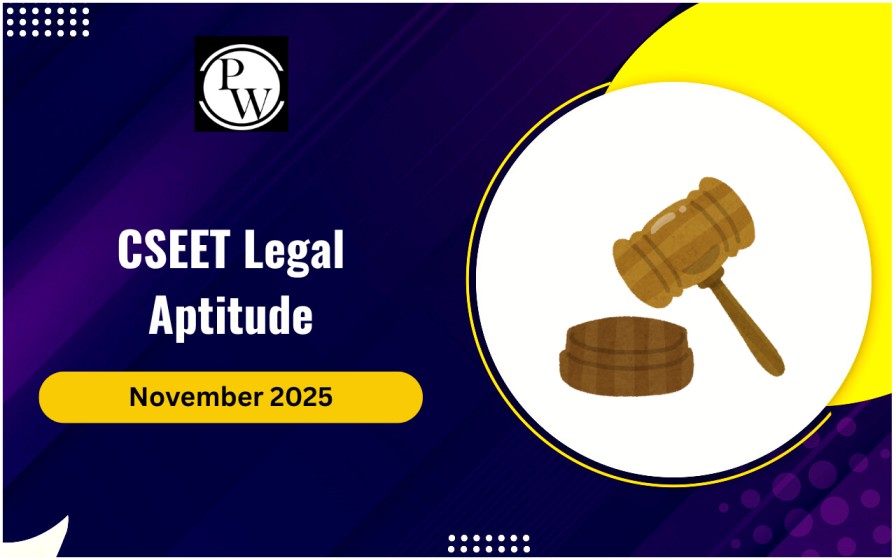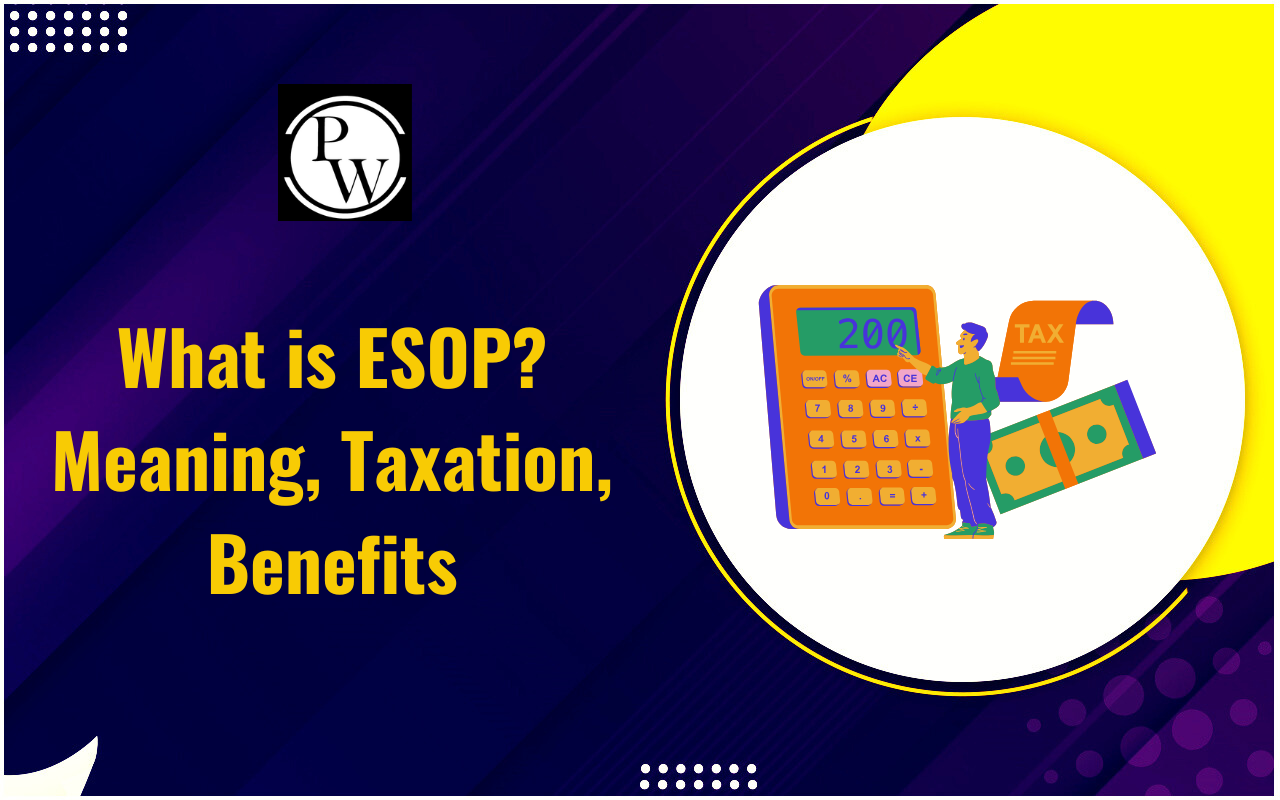

Non-convertible securities (NCS) or non-convertible debentures (NCD) are a type of financial instrument a company issues to raise capital from the market. The speciality of NCSs is that they can't be converted to company equity shares.
The issue and transactions of non-convertible securities are controlled by the Securities and Exchange Board of India (SEBI), which occasionally establishes the rules and regulations concerning the NCSs with necessary amendments. This article will give an overview of the issue and listing of non-convertible securities in the Indian financial market.Procedure of Issuing and Listing of Non-convertible Securities
In India, a strict regulatory framework regarding non-convertible securities has been established by SEBI to safeguard investors, maintain transparency, and preserve the balance in the securities market. The SEBI supervises the issuing and trading of these securities and ensures regulatory compliance. As per regulations, the NCS must be listed on Indian stock exchanges, which involves specific procedures as given below.Requesting Approval from the Securities and Exchange Board of India (SEBI)
The issuing company must get approval from the SEBI by producing detailed information about the organization's functional strategies, business model, financial outcomes, and potential risks. The Securities and Exchange Board of India (SEBI) examines the application to confirm that all rules and regulations are followed.Credit Rating by SEBI-registered Agency
The SEMI has made it mandatory to determine the credit ratings of non-convertible securities as carried out by an agency approved by SEBI. Securities with more credit rating have lower risk factors involved and thereby will attract more investors.Detailed Disclosure of Securities
The company issuing the non-convertible securities must disclose all details, including the company's financial statements, the purpose of issuing the NCS, and long-term implications, to help investors make proper decisions.Issued to Public or Private Group
The non-convertible securities must be issued to the general public through a public notification. The issuing company can select a private group of investors and issue the securities through private placement. Public issuance requires extensive disclosure and compliance requirements compared to private issuance.Agreement for Listing
The company must undergo an agreement with the respective stock exchange like the National Stock Exchange (NSE) or Bombay Stock Exchange (BSE). It includes all the clauses and terms for listing the securities and ensures adherence to the norms and procedures for listing the NCS.Beginning of Trading
After listing, the non-convertible securities are available to investors for buying and trading, which improves liquidity. The stock exchanges offer a transparent platform for trading the NCDs.Benefits of Listing the Non-convertible Securities
The listing of NCS on the stock exchange is a significant process that provides several benefits for the issuing companies and investors.- Improving Capital Flow : By listing in the stock exchange, issuers can bring several investors to purchase the NCS, which can contribute to raising a considerable amount of long-term capital.
- Market Reach : Listing of securities expands the network of investors by improving the company's visibility and credibility in the financial market.
- Liquidity: Listed NCS typically offer better liquidity compared to unlisted securities.
- Price Visibility : Stock exchanges offer a reliable and open platform for price visibility which can vary depending on the company’s performance as well as the overall market scenario.
- Regulatory Oversight : The listed securities come under the scrutiny of regulatory authorities. It safeguards investors by ensuring that the listed NCS maintains compliance standards through regulatory supervision.
Maintaining Regulatory Structure of Non-convertible Securities
Recently, the Securities and Exchange Board of India (SEBI) has made it mandatory to list non-convertible debt securities or debentures by issuing companies with effect from January 1, 2024. The SEBI also has brought revisions in the Listing Obligations and Disclosures Requirements regulations, 2015, with effect from September 19, 2023. The amendments aim to streamline the process by maintaining better transparency in the pricing structure and removing disparities in information between listed and non-listed NSDs. The salient points of the new regulations are given below:- Non-convertible securities issued on or after January 1, 2024, must be listed.
- Non-convertible securities issued up to December 31, 2023, including unlisted securities issued after the amendments, can be listed optionally (not mandatory).
- When a listed firm wants to issue NSD, it must inform the stock exchanges of all the essential details about those securities, such as the interest rate and maturity period.
- In the event of delisting, the issuing company must receive consent from all the holders of non-convertible securities within 15 working days of receiving the notice of delisting.
Non-Convertible Securities FAQs
How does listing in stock exchanges affect the liquidity of non-convertible securities?
Listing of NSCs in stock exchanges allows investors to buy and sell the securities, increasing liquidity and flexibility.
Why is regulatory control necessary for listed non-convertible debentures?
The non-convertible debentures must adhere to strict rules and regulations to protect customers' investments and give them confidence in the credibility and stability of the NCD.
What is a Debenture Trustee?
A debenture trustee is registered with SEBI to protect NCD holders' interests and ensure the issuing firm adheres to the regulatory terms and conditions.
Do NCDs provide stable returns?
NCDs generally provide stable and predictable returns at fixed interest rates.
Talk to a counsellorHave doubts? Our support team will be happy to assist you!

Check out these Related Articles
Free Learning Resources
PW Books
Notes (Class 10-12)
PW Study Materials
Notes (Class 6-9)
Ncert Solutions
Govt Exams
Class 6th to 12th Online Courses
Govt Job Exams Courses
UPSC Coaching
Defence Exam Coaching
Gate Exam Coaching
Other Exams
Know about Physics Wallah
Physics Wallah is an Indian edtech platform that provides accessible & comprehensive learning experiences to students from Class 6th to postgraduate level. We also provide extensive NCERT solutions, sample paper, NEET, JEE Mains, BITSAT previous year papers & more such resources to students. Physics Wallah also caters to over 3.5 million registered students and over 78 lakh+ Youtube subscribers with 4.8 rating on its app.
We Stand Out because
We provide students with intensive courses with India’s qualified & experienced faculties & mentors. PW strives to make the learning experience comprehensive and accessible for students of all sections of society. We believe in empowering every single student who couldn't dream of a good career in engineering and medical field earlier.
Our Key Focus Areas
Physics Wallah's main focus is to make the learning experience as economical as possible for all students. With our affordable courses like Lakshya, Udaan and Arjuna and many others, we have been able to provide a platform for lakhs of aspirants. From providing Chemistry, Maths, Physics formula to giving e-books of eminent authors like RD Sharma, RS Aggarwal and Lakhmir Singh, PW focuses on every single student's need for preparation.
What Makes Us Different
Physics Wallah strives to develop a comprehensive pedagogical structure for students, where they get a state-of-the-art learning experience with study material and resources. Apart from catering students preparing for JEE Mains and NEET, PW also provides study material for each state board like Uttar Pradesh, Bihar, and others
Copyright © 2025 Physicswallah Limited All rights reserved.
Get App











